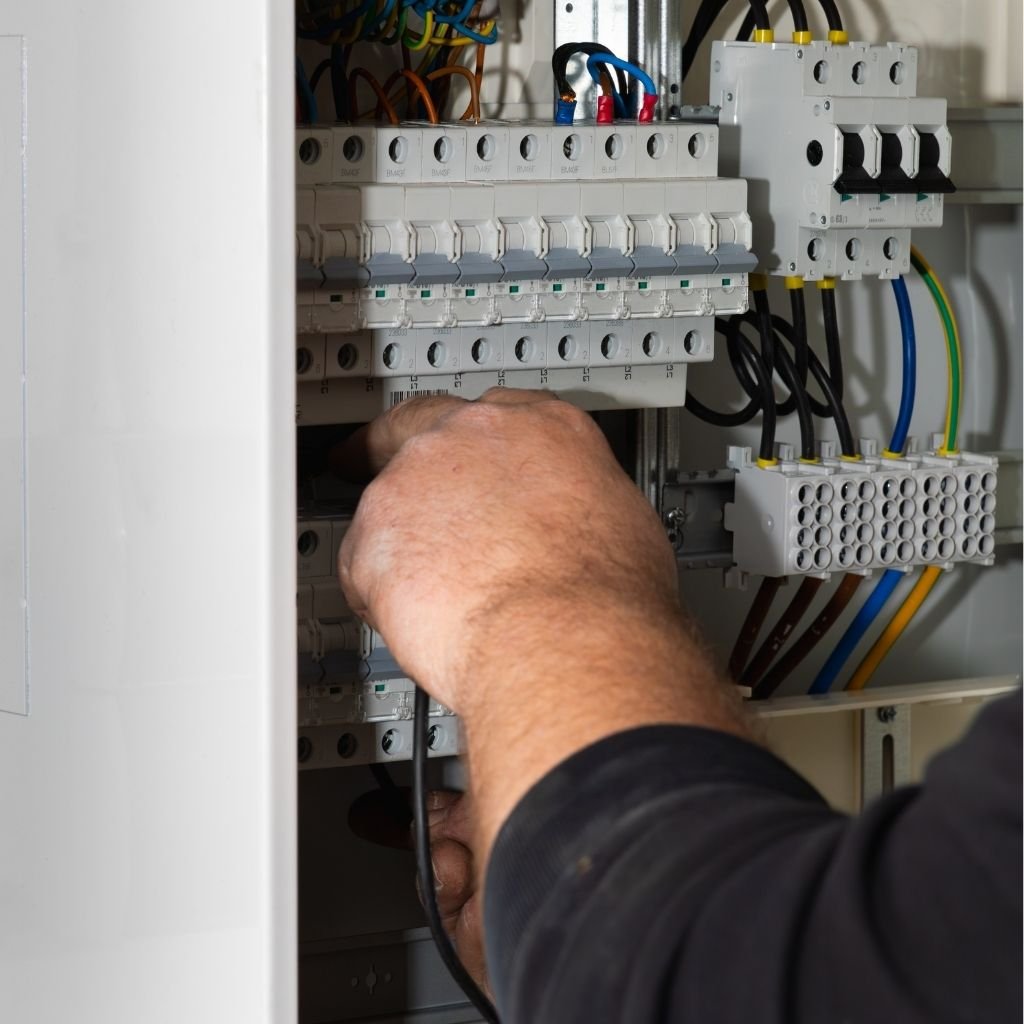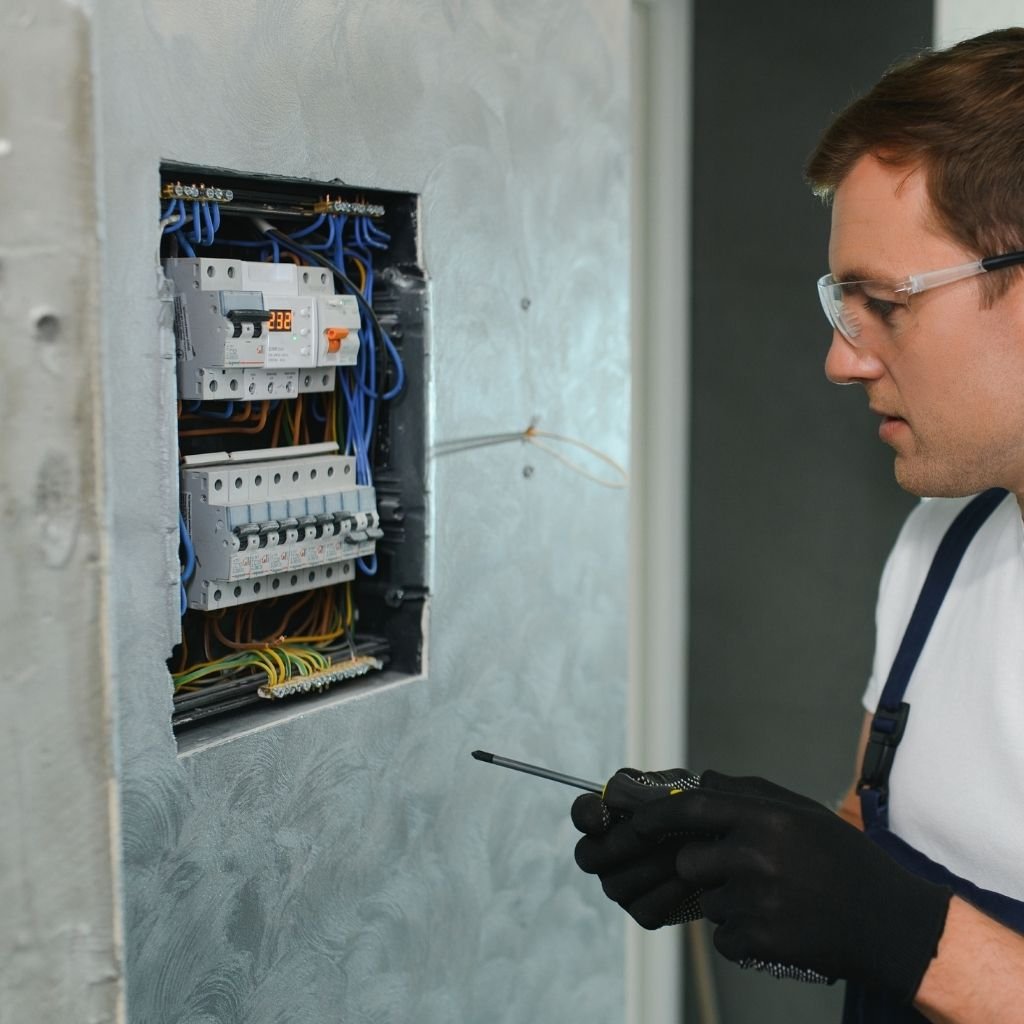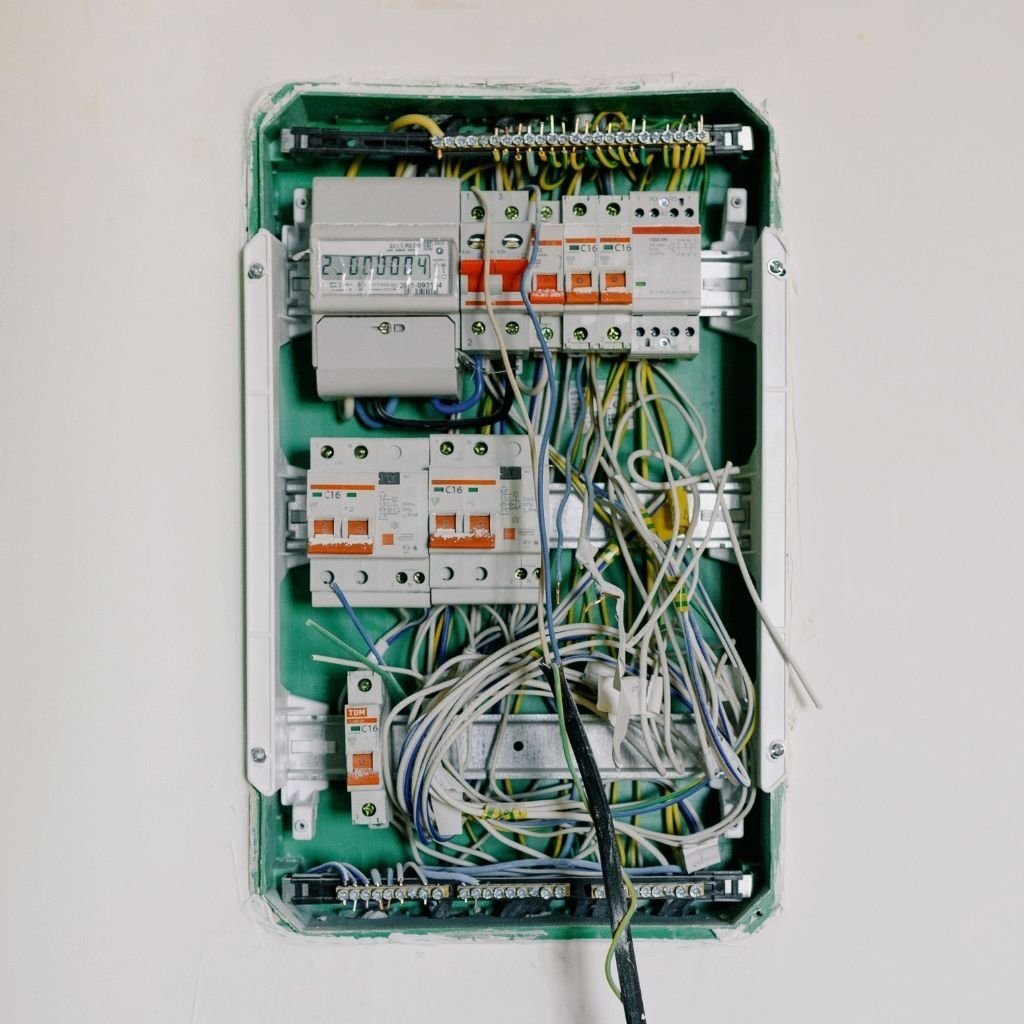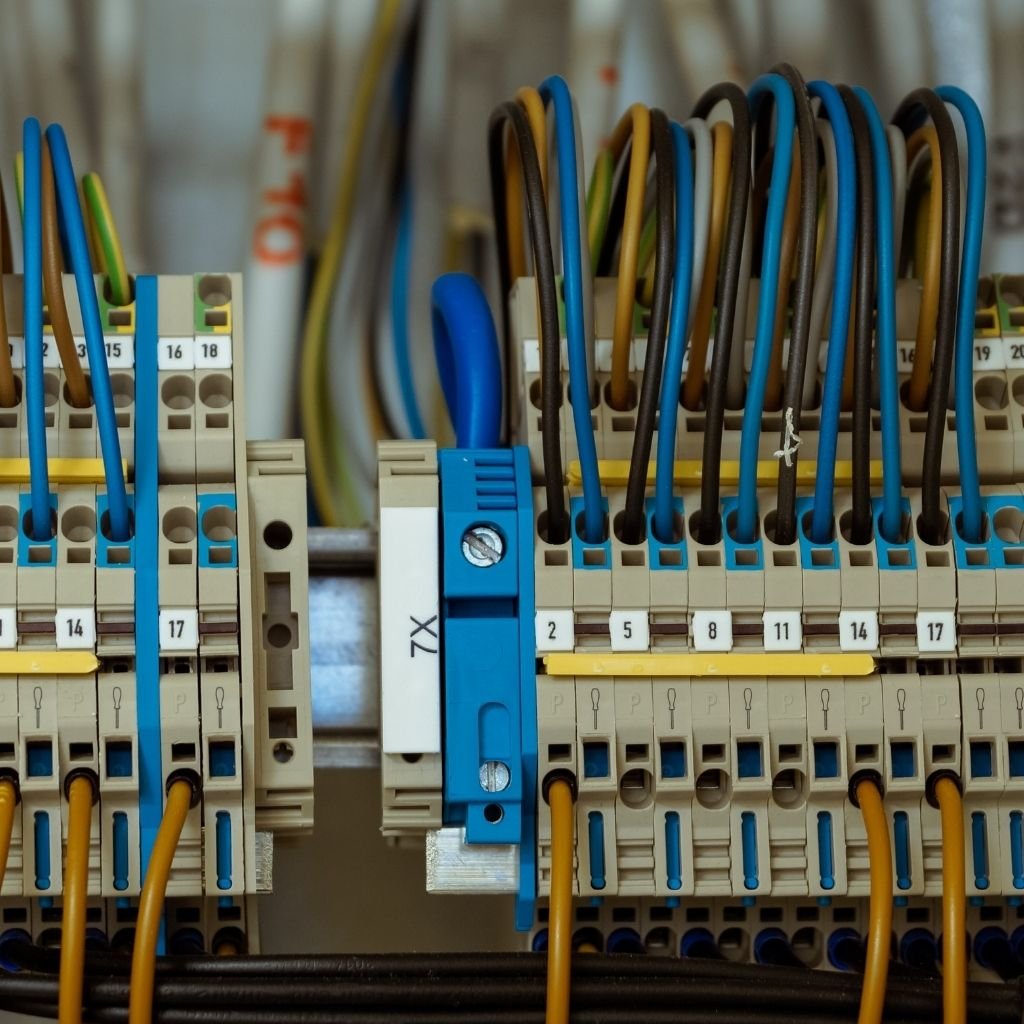Understanding how to change a fuse in your house is crucial when electrical issues arise, but the process involves more than just a simple fix. Changing a fuse can seem straightforward; however, it requires a clear understanding of your home’s electrical system and safety protocols. Attempting to fix a fuse without the necessary experience can pose significant risks, including electrical shock or further damage to your system. For this reason, professional electricians like those at Weka Electrical are the best choice for safely resolving electrical issues in your home.
What is a Fuse and How Does It Work?
A fuse is a small but critical component of your home’s electrical system. It protects your circuits from overcurrent, which occurs when electrical current exceeds the safe limit for wiring or appliances. Fuses are designed with a thin wire filament that melts when the current overloads, breaking the circuit and cutting off power. This process prevents electrical fires, damage to appliances, and potential hazards to your home and family.
When a fuse “blows,” it essentially sacrifices itself to stop the flow of excessive current. This is why it needs to be replaced after serving its purpose. In older homes, you might find traditional ceramic or cartridge fuses, whereas modern electrical systems often use circuit breakers that can be reset instead of replaced.
While changing a fuse might seem like a quick DIY fix, it is essential to ensure the replacement fuse matches the exact specifications for the circuit, including amperage and voltage ratings. Installing the wrong fuse can lead to further issues such as overheating, damaged wiring, or electrical fires.
At Weka Electrical, we specialise in assessing and replacing blown fuses quickly and safely. Our electricians have the expertise to ensure the correct fuse is installed, avoiding unnecessary risks to your electrical system.

Why Do Fuses Blow? Common Causes
Fuses typically blow due to excessive electrical current or faults in the system. Understanding the reasons behind a blown fuse can help identify underlying electrical issues that require professional attention. Below are the most common causes:
- Overloaded Circuits: Overloading occurs when too many devices are plugged into a single circuit. The excess power demand causes the fuse to blow to prevent overheating.
- Short Circuits: A short circuit happens when live wires accidentally make contact with neutral or ground wires, creating a sudden surge of current that blows the fuse.
- Faulty Appliances: Defective or damaged appliances can draw excess current, causing fuses to blow repeatedly. It’s important to have such appliances inspected by a professional.
- Wiring Problems: Outdated, damaged, or poorly installed wiring can cause electrical faults that trip fuses. Wiring issues require immediate attention from a qualified electrician.
If you experience recurring blown fuses, it’s a sign of a deeper problem that must be addressed. Simply replacing the fuse will not resolve the root cause, and DIY attempts may exacerbate the issue. Weka Electrical offers comprehensive electrical inspections to identify and fix problems that lead to blown fuses, ensuring your home remains safe and functional.

Dangers of DIY Fuse Replacement
While it may be tempting to replace a fuse yourself, DIY electrical work can be incredibly dangerous without the proper knowledge and equipment. The risks of attempting to change a fuse include:
- Electrical Shock: Handling electrical components without proper precautions can result in severe injuries or even fatalities due to electric shock.
- Incorrect Fuse Replacement: Installing a fuse with the wrong amperage rating can lead to overheating, circuit failure, or electrical fires.
- Hidden Wiring Faults: DIY solutions often overlook underlying wiring issues that need professional attention. Ignoring these problems can cause long-term damage to your electrical system.
In New Zealand, it is strongly recommended that all electrical repairs, including fuse replacements, be carried out by a licensed electrician. At Weka Electrical, our team of professionals has the experience and tools to resolve electrical issues safely and efficiently, giving you peace of mind.

Why Hire Professional Electricians?
Hiring professional electricians for fuse replacements and electrical repairs ensures the safety, efficiency, and longevity of your electrical system. Here’s why you should trust a qualified electrician like those at Weka Electrical:
- Safety First: Professional electricians adhere to safety standards and have the skills to handle electrical issues without putting your home or family at risk.
- Expert Diagnosis: Electricians can identify the root cause of blown fuses, addressing problems like wiring faults or overloaded circuits that DIY methods might miss.
- Compliance with Regulations: In New Zealand, electrical work must comply with strict safety standards. Hiring a licensed electrician ensures all repairs meet legal requirements.
- Long-Term Solutions: Professionals provide long-term fixes, reducing the likelihood of recurring electrical issues and ensuring the reliability of your electrical system.
Weka Electrical is committed to providing high-quality electrical services for homeowners across New Zealand. From diagnosing electrical faults to safely replacing fuses, our team is ready to assist with any electrical issue.

Contact Weka Electrical for Safe Repairs
Electrical issues, including blown fuses, can disrupt your home and pose serious safety risks. Attempting DIY solutions is not only dangerous but can also lead to greater problems in the long run. Trust the professionals at Weka Electrical to provide safe, reliable, and expert electrical services tailored to your needs.
If you’re experiencing issues with your electrical system or need help replacing a fuse, contact Weka Electrical today. Our team of qualified electricians is ready to assist you with all your electrical needs, ensuring your home remains safe and functional.
Frequently Asked Questions
- How do I know if a fuse has blown?
- Signs of a blown fuse include loss of power in a specific area of your home, appliances not working, or visible damage to the fuse (e.g., a broken filament).
- Can I replace a fuse myself?
- While it may seem simple, replacing a fuse can be dangerous. Always consult a licensed electrician to ensure the job is done safely and correctly.
- Why do fuses blow repeatedly?
- Repeated blown fuses usually indicate underlying issues such as overloaded circuits, faulty wiring, or defective appliances. A professional electrician can diagnose and fix the problem.
- What’s the difference between a fuse and a circuit breaker?
- Fuses melt when overloaded, while circuit breakers trip and can be reset. Modern homes typically use circuit breakers for convenience and safety.
- How much does it cost to replace a fuse?
- The cost varies depending on the issue. Contact Weka Electrical for a detailed quote tailored to your needs.
- How long does it take to fix a blown fuse?
- Replacing a fuse can take as little as 30 minutes, but diagnosing and fixing underlying issues may require more time.
- Is changing a fuse dangerous?
- Yes, it can be. Handling electrical components without proper expertise can result in electric shock or fires. Always hire a professional electrician.
- How can Weka Electrical help with blown fuses?
- Weka Electrical provides expert diagnostics, safe fuse replacements, and comprehensive electrical repairs to keep your home’s systems running smoothly.
Replacing a fuse requires careful handling to ensure safety and prevent further electrical issues. Our trusted electrician in Wellington can safely change fuses, identify the cause of the fault, and check for any underlying wiring issues. If your system frequently blows fuses, we can recommend upgrades to improve reliability and safety.








